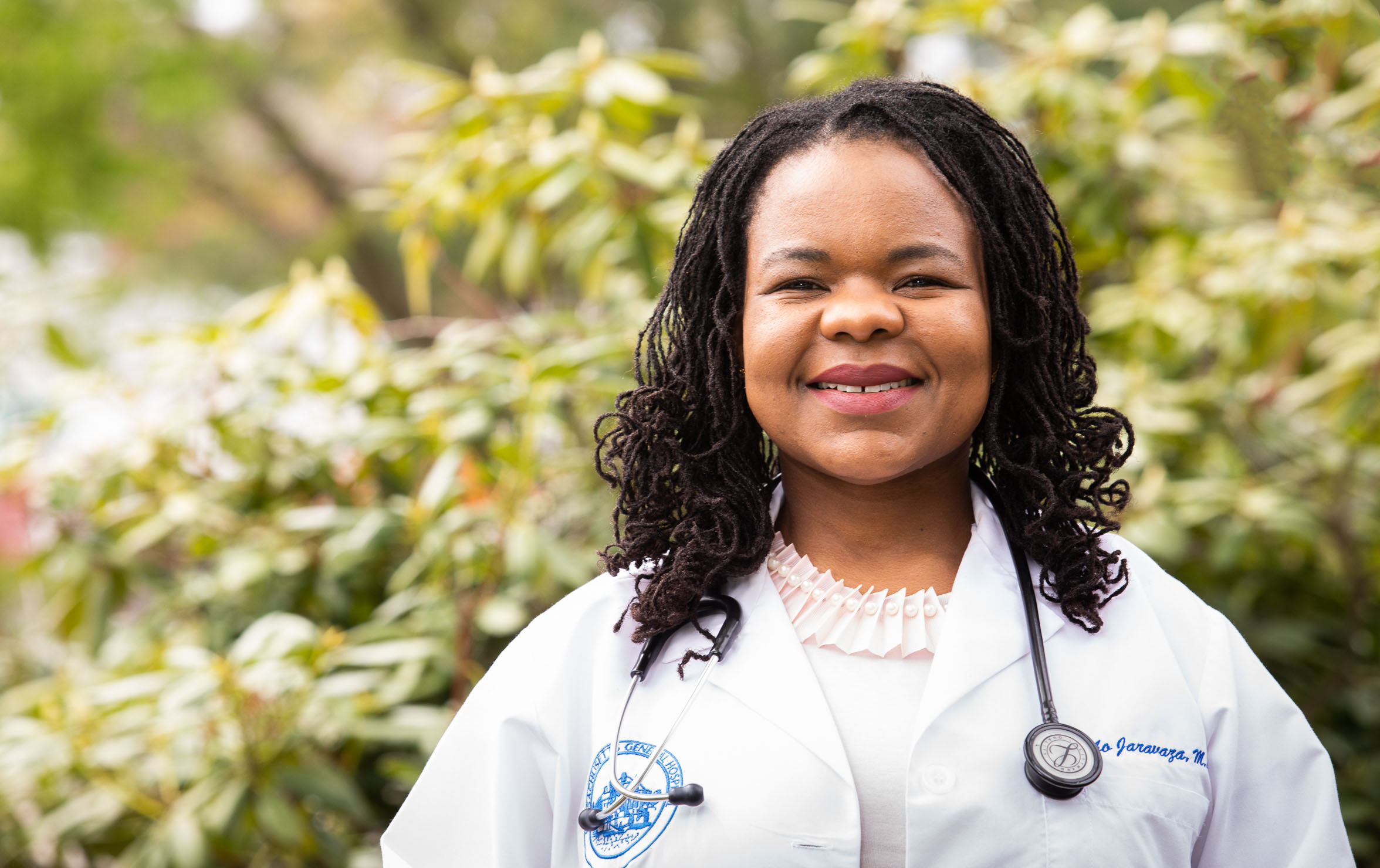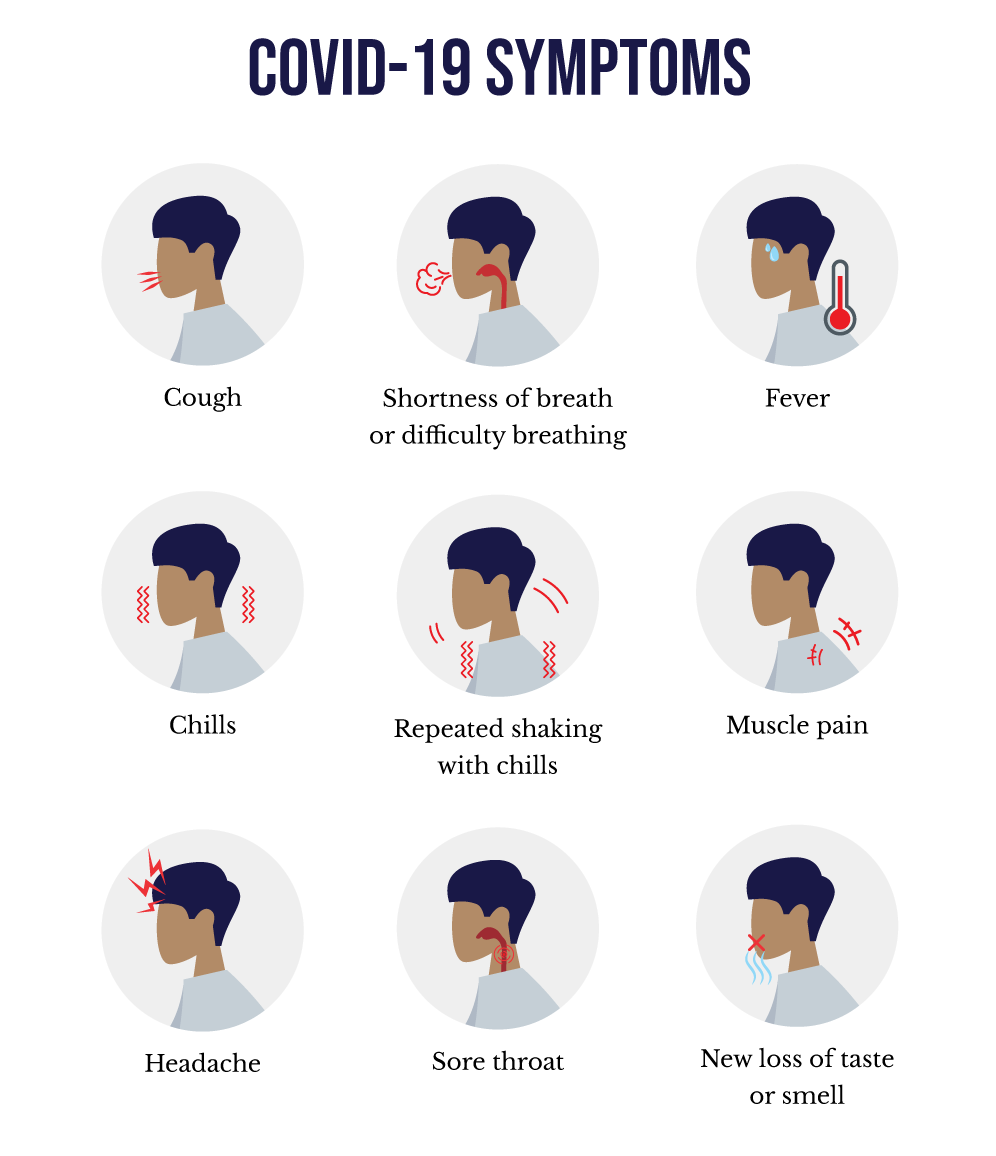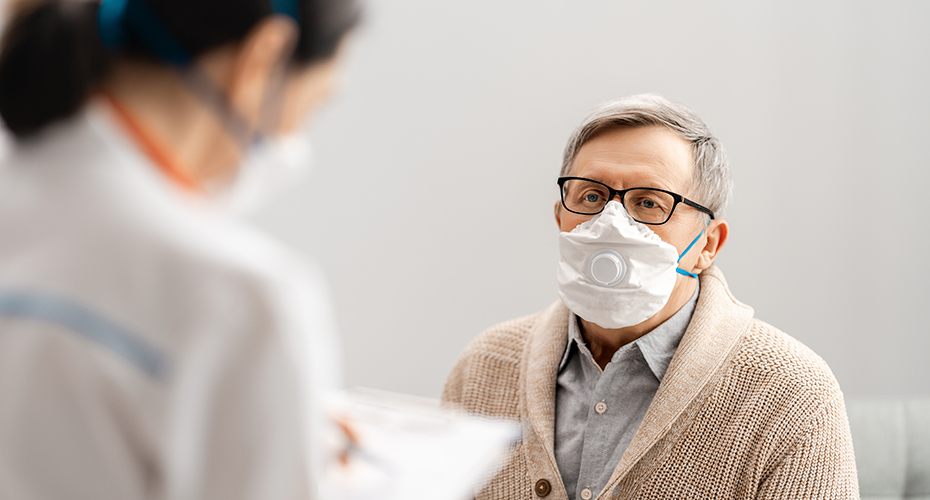May 13, 2020
What seniors should know about seeking care during pandemic
Seniors should not hesitate to seek advice from their doctors on managing chronic conditions or addressing worrying symptoms, clinicians say, noting physicians are still available even as elective procedures and routine visits have been postponed amid the pandemic.
“It’s really important to stay connected with your physician because he or she will tailor their advice and counsel to your specific conditions and circumstances, including any medications you may be taking,” said Dr. Tinevimbo Jaravaza, a geriatrician and physician reviewer at not-for-profit health plan Blue Cross Blue Shield of Massachusetts.
“With the advent of the pandemic, most physicians converted to telemedicine, including telephone and video visits,” she said, and many insurers, including Blue Cross, are covering these medically necessary visits with no out-of-pocket costs during the emergency.

If you have chronic conditions:
The “Big Five” chronic conditions are hypertension, diabetes, chronic heart conditions such as congestive heart failure, breathing conditions such as chronic obstructive pulmonary disease and obesity, Jaravaza said, and regular communication with a physician is crucial to manage them. She also urges regular communication for seniors who are immunocompromised or are in frequent contact with frontline health care personnel or essential workers.
Jaravaza advises seniors to invest in items such as a blood pressure cuff (for hypertension), scale (for congestive heart failure or kidney disease), thermometer and pulse oximeter so they can provide these key metrics when speaking with their physician.
Communication is essential for general monitoring of current health conditions but also because these seniors are at greater risk for serious disease if they do become infected with COVID-19, Jaravaza said.
“Seniors also should have a three-month supply of their medications on hand so there is no disruption to their therapy should anything arise and especially if they contract COVID-19,” Jaravaza said. She adds that mail-order pharmacy services can streamline the process of getting medications and notes that many retail pharmacies are offering prescription home delivery now.
Currently, she noted, Blue Cross nurses are reaching out to members with chronic conditions to share these messages and ensure they are getting the care they need. Blue Cross nurses also are available free of charge to members via phone at 1-888-247-Blue (2583).
When to go to a hospital?
Seniors should call their doctor or 911 if they have signs of a heart attack or stroke, such as a crushing, heavy pain that feels like an elephant is sitting on their chest, pain that radiates to their jaw and/or arms, weakness or numbness in any part of their body, or difficulty speaking or breathing, Jaravaza says.
Acute conditions require medical attention immediately. Patients are more likely to have better health outcomes if serious symptoms are addressed promptly.
And seniors should be assured they can safely seek care for acute medical conditions in the ER.
“Hospital systems have gained a lot of experience dealing with COVID-19 and are taking precautions to keep patients safe,” she said.
Massachusetts hospitals “have the capacity and the skill set to safely treat you,” Gov. Charlie Baker said at a recent press briefing urging the public to seek care when necessary, “and I think it’s really important you understand that.”
What if you think you have been exposed to COVID-19?
“This is a particularly important question for seniors—especially those with underlying chronic conditions—because it appears from the information we have that these patients have disproportionately worse health outcomes with COVID-19,” Jaravaza said.
Jaravaza encourages seniors to call their doctor if they develop the following symptoms identified by the Centers for Disease Control as of May 13 as being possible signs of COVID-19:

“Folks should be on the lookout for these symptoms and call their doctor’s office if they notice them. All doctors now have protocols on how to manage these symptoms and triage patients,” she said. “If they know you are experiencing COVID-19 symptoms, they can check in on you regularly to see how you’re feeling. This is particularly important if you live alone.”
The CDC recommends people experiencing more acute symptoms seek emergency medical care immediately. These include:
- Trouble breathing
- Persistent pain or pressure in the chest
- New confusion
- Inability to wake or stay awake
- Bluish lips or face
Staying healthy, calm and connected
Jaravaza advises all seniors, particular those with underlying health conditions, to “take practical steps that are within your control” to stay healthy such as exercising and eating right.
“Now is a great opportunity to forego fast food and experiment with new recipes,” she says. “The temptation is there to eat when you are stuck at home—try to avoid overeating and snacking in the kitchen.”
She also recommends engaging in a mindful practice such as meditation, reading or listening to music, while “staying mentally healthy and alert” by doing puzzles or other hobbies. And while she says it’s important that seniors stay informed, she advocates taking breaks from the news.
Mental health is so important in terms of health outcomes, and it has an impact on our physical health. Depression, anxiety and insomnia are not good if you have other health conditions because they keep you from doing what you need to do for self-care, including eating well and exercising.
Most importantly, Jaravaza encourages all seniors to stay connected via phone, letters or online with friends, family, caregivers and their physician, especially if they live alone, and especially if they contract COVID-19.
“From what we’ve seen, this illness is protracted and really knocks you out. In some instances, people are too tired to get food and their medication, which can be unsafe if you live alone. That’s why it’s so important to stay connected so someone can keep tabs and check in on you.”
Did you find this article informative?
All Coverage content can be reprinted for free.
Read more here.
PHOTO OF DR. TINEVIMBO JARAVAZA BY MICHAEL GRIMMETT

